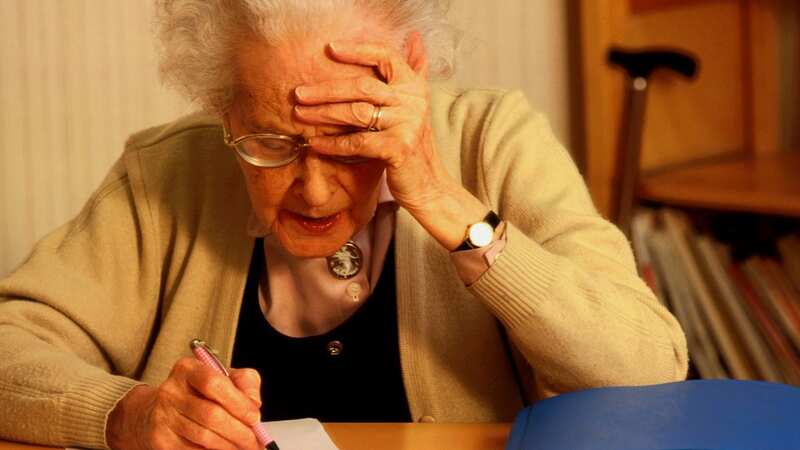Seven small signs of dementia you need to know - and they can appear suddenly
It's vital that Brits are on the lookout for seven signs of dementia starting to affect the brain that can appear suddenly, health experts have warned.
Dementia is a of symptoms, which is caused by different diseases that damage the brain. There are many different causes and it is not always known why someone may develop the condition.
It can affects a person's memory, thinking, personality, and behaviour but symptoms can vary depending on the type of dementia the person has. Symptoms get worse over time and include, memory loss, confusion and needing help with daily tasks, problems with language and understanding and changes in behaviour.
Although it is most common in people over 65, it can affect younger people too. Vascular dementia is a “common” type of dementia, which is caused by reduced blood flow. It affects around 180,000 people in the UK, according to the NHS. The health provider states that symptoms of vascular dementia can appear “suddenly” or begin “slowly over time”.
According to the Alzheimer’s Society it is actually the second most common type of dementia in the UK, after Alzheimer’s disease. Symptoms will vary from person to person, but here are seven symptoms to look out for:
 Teachers, civil servants and train drivers walk out in biggest strike in decade
Teachers, civil servants and train drivers walk out in biggest strike in decade
- Slowness of thought
- Difficulty with planning and understanding
- Problems with concentration
- Changes to your mood, personality or behaviour
- Feeling disoriented and confused
- Difficulty walking and keeping balance
Symptoms of Alzheimer's disease, such as problems with memory and language (many people with vascular dementia also have Alzheimer's disease).
- Common symptoms of Alzheimer's disease that could affect someone with vascular dementia include:
- Confusion, disorientation and getting lost in familiar places
- Difficulty planning or making decisions
- Problems with speech and language
- Problems moving around without assistance or performing self-care tasks
- Personality changes, such as becoming aggressive, demanding and suspicious of others
- Hallucinations (seeing or hearing things that are not there) and delusions (believing things that are untrue)
- Low mood or anxiety.
The NHS recommends seeing a GP if you experience any symptoms of dementia - especially if you are aged over 65. There is currently no cure for vascular dementia and it is not possible to reverse loss of brain cells. But it is possible to slow down the progression of the condition with treatment potentially reducing the speed at which brain cells are lost.
Read more similar news:
Comments:
comments powered by Disqus

































